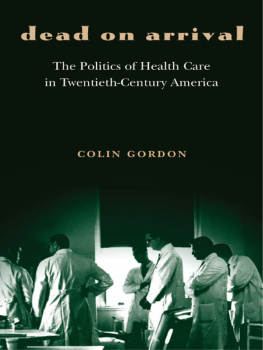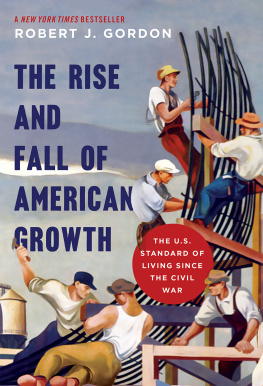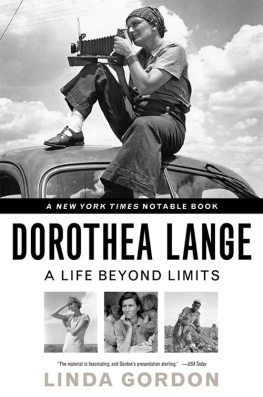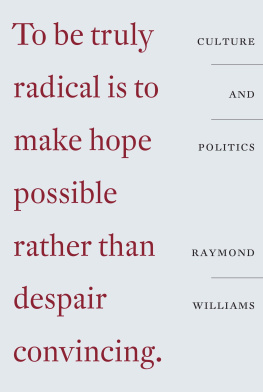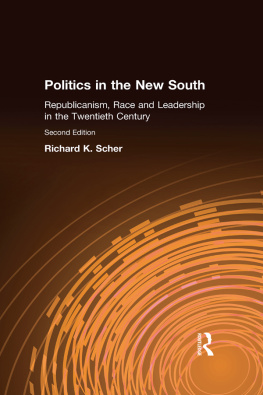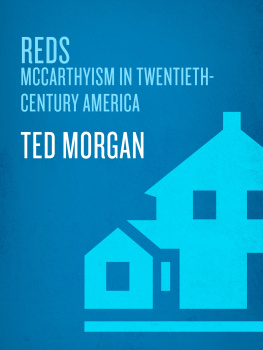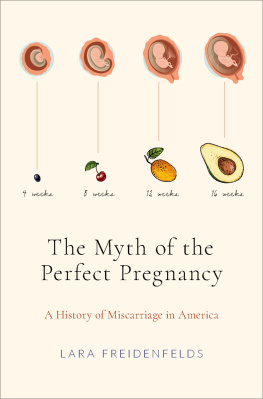DEAD ON ARRIVAL
POLITICS AND SOCIETY IN TWENTIETH-CENTURY AMERICA
Series Editors
WILLIAM CHAFE, GARY GERSTLE, LINDA GORDON, AND JULIAN ZELIZER
A list of titles in this series appears at the back of the book
DEAD ON ARRIVAL
THE POLITICS OF HEALTH CARE IN TWENTIETH-CENTURY AMERICA
Colin Gordon
PRINCETON UNIVERSITY PRESS PRINCETON AND OXFORD
Copyright 2003 by Princeton University Press
Published by Princeton University Press, 41 William Street, Princeton, New Jersey 08540
In the United Kingdom: Princeton University Press, 3 Market Place,
Woodstock, Oxfordshire OX20 1SY
All Rights Reserved
Library of Congress Cataloging-in-Publication Data
Gordon, Colin, 1962
Dead on arrival: the politics of health care in twentieth-century America / Colin Gordon.
p.cm. (Politics and society in the twentieth-century America) Includes bibliographical references and index.
eISBN: 978-1-40082-567-7
1. Medical policyUnited States. 2. Medical carePolitical aspectsUnited States
I. Title. II. Series.
RA395.A3 G67 2003
362.1' 0973dc212002072257
British Library Cataloging-in-Publication Data is available
This book has been composed in New Baskerville
Printed on acid-free paper.
www.pupress.princeton.edu
Printed in the United States of America
10 9 8 7 6 5 4 3 2 1
For Susan
Contents
Like the health care system it describes, this book reflects a tangle of material, intellectual, and political influences. For the book at least, the intervention of these third parties has been most welcome. I can offer only the UCR (usual, customary, reasonable) reimbursement of this prefatory note, and the assurance that, however widely the credit is shared, I assume sole liability for the results. First (as in the health care system), the money: the University of British Columbia and the University of Iowa provided wonderful institutional support. The research was underwritten by a major grant from the Social Sciences and Humanities Research Council of Canada, and smaller grants from the Truman and Roosevelt presidential libraries. Finishing the manuscript was made possible by a three-semester Faculty Scholarship from the University of Iowa.
The assistance and patience of archivists were crucial to this project. Special thanks to Bob McCown at the University of Iowa, Tab Smith at the National Archives, and Michael Nash at the Hagley Museum and Library. David Colman, Nora Jaffary, Jennifer Peters, Eric Roberson, and Diane Wadden provided invaluable research assistance.
Over the past few years, my understanding of the American health care system has been sharpened by a range of conversations, conferences, and correspondence. For their contributions (and sometimes skepticism), I would especially like to thank Thomas Clark, Alan Derickson, Milton Fisk, Linda Gordon, Marie Gottschalk, Beatrix Hoffman, Roger Horowitz, Ira Katznelson, Jennifer Klein, Nelson Lichtenstein, Marc Linder, Cathie Jo Martin, Edie Rasell, Leslie Reagan, Joel Rogers, and Landon Storrs. My colleagues at UBC and Iowa have offered practical support, intellectual support, andmost importantthe example of serious scholarship. Special thanks on this score to Doug Baynton, Ken Cmiel, Jeff Cox, Bill French, Bob Jefferson, Paul Krause, Maureen McCue, Mac Rohrbough, Johanna Schoen, Leslie Schwalm, Allen Steinberg, Shel Stromquist, and Allan Tully.
At the Press, thanks to Brigitta van Rheinberg for her editorial guidance (and patience), Jonathan Hall for his help with the last-minute details, and Elizabeth Gilbert for her deft red pencil.
Some of the material on the 1940s (from a number of chapters) was previously published as Why No Health Insurance in the United States? The Limits of Social Provision in War and Peace, 19411948, Journal of Policy History 9:3 (1997): 277310. Some of the material on the 1990s previously appeared in Dead on Arrival: Health Care Reform in the United States, Studies in Political Economy 39 (Autumn 1992): 141158; Dead on Arrival: The Past and Future of American Health Care, OpenMagazine, 1995, 130; Cosmetic Surgery: Health Care the Corporate Way, The Nation 252 (25 Mar. 1991): 376380; and The American Politics of Canadian Health Care, Canadian Dimension (Sept. 1992): 1720.
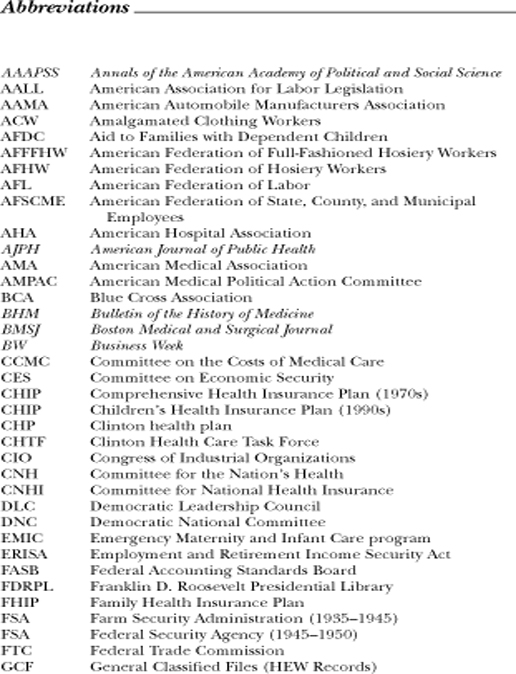
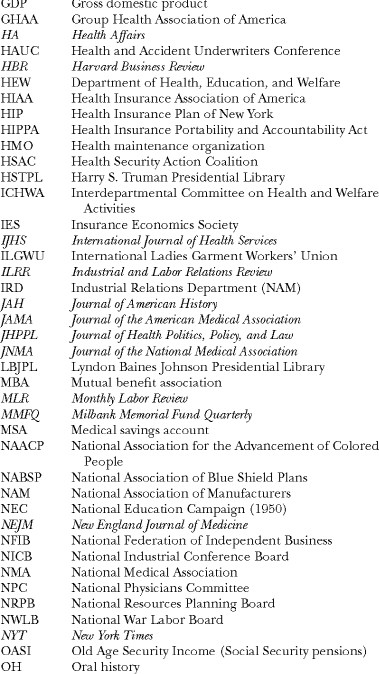
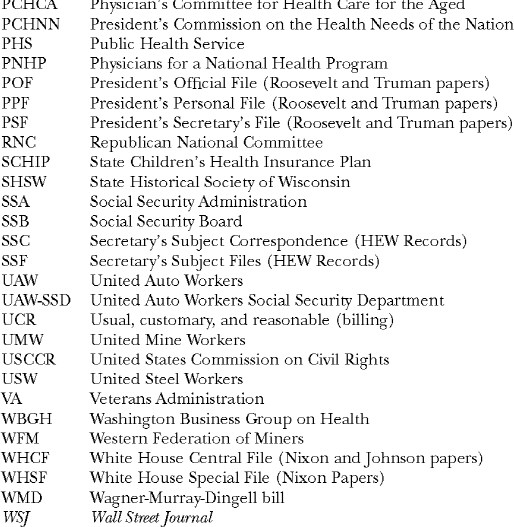
DEAD ON ARRIVAL
Introduction
Why No National Health Insurance in the United States?
WHY, alone among its democratic capitalist peers, does the United States not have national health insurance? This question, or variations of it, has invited a range of replies, some focusing on specific historical episodes, others invoking broad political or cultural or economic explanations for the peculiar trajectory of American social policy. At the same time, the explanatory laundry list is profoundly unsatisfying. Historical accounts often have trouble climbing from narrative to explanation; little of the episodic scholarship on the failure of health reform contributes to our larger sense of the American welfare state and its limits. And theoretical accounts often stumble on the descent to historical context; the debate between state-centered and economic explanations, for example, rests largely on abstractions (capitalism, industrialism, democracy) that are neither unique to the American setting nor offered in such a way that they make sense in specific historical contexts.
The answer rests on the privileged status enjoyed by economic interests in American politics. In health politics, the nature and the alignment of economic or class interests defy easy theoretical categorization. In some respects, the health debate reflects the larger confrontation between labor and capital: employers and insurers have drawn on their control over private investment and economic growth and their command of day-to-day political resources to shape public policy. At the same time, the uneasy relationship between health provision and private production has often confounded expectations and found labor clamoring for private coverage or employers looking to public solutions. In turn, doctorsthe most prominent health interestderive their status less from control over production than from their social origins, professional training, professional organization, and impressive command of political resources. And attention to conventional class forces tends to obscure the reasons why the United States is alone among its democratic capitalist peers in resisting national health care. For these reasons, I trace the influence of doctors, employers, insurers, and others less as structural interests whose mere presence discourages reform than as instrumental interests whose political stakes and political clout (vis--vis the state or each other) are unique to the American setting.
The clout of private interests has been magnified in health politicsthe only arena of social provision in which private providers, private consumers, and private intermediaries were well ensconced before national reforms were contemplated. This circumstance exaggerated the influence of economic interests and their stakes in reform. The ability and willingness of economic interests to shape health policy eroded an already fragile sense of universal social provision and encouraged the growth of private, employment-based benefits as an alternative. Such alternatives, in turn, reflected and reinforced long-standing patterns of racial and sexual discrimination in such a way that, over time, even reformers rarely challenged the family-wage or Jim Crow premises of private and public social policy. I am interested, in this sense, both in the influence of health interests over the course of the twentieth century and in the consequences of that influence in public and private patterns of health provision, the politics and political culture of health policy, and the broader limits and dilemmas of the American welfare state.
Next page
